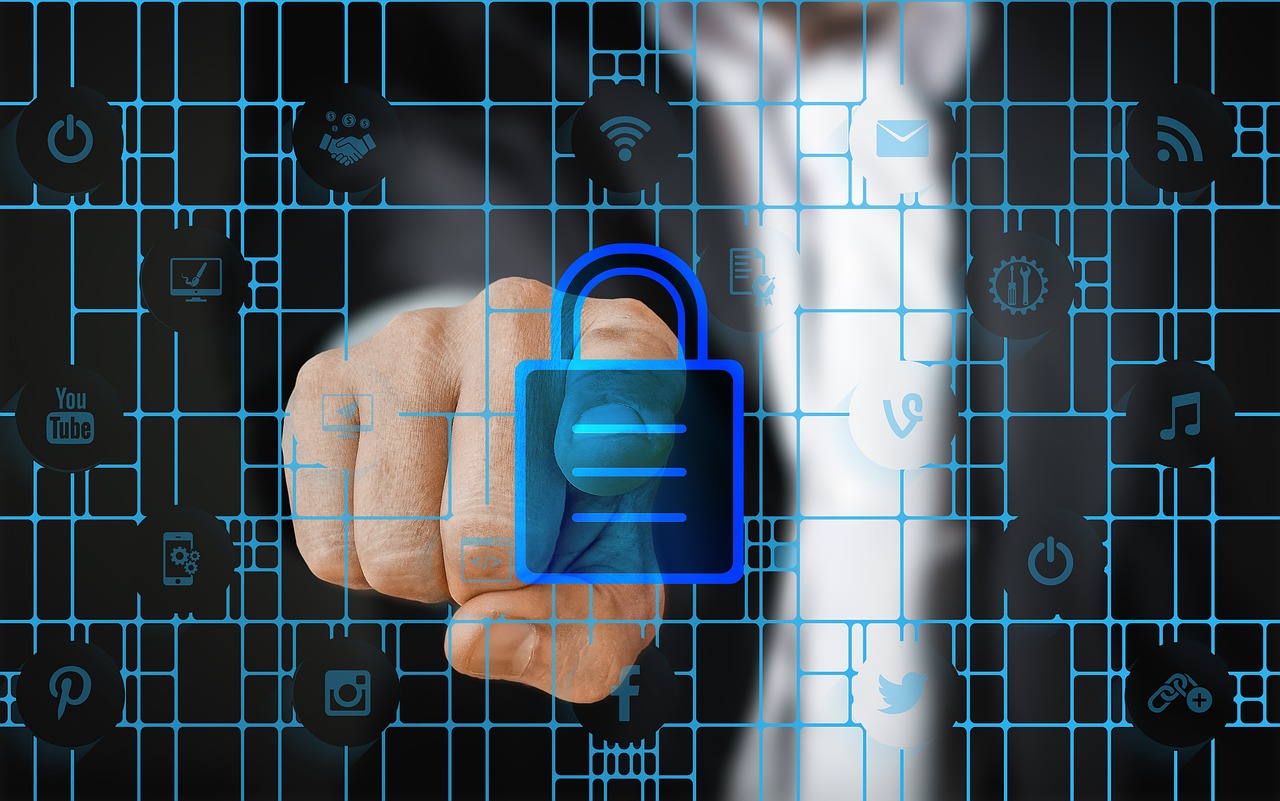The Central African Republic (CAR) Technology Entrepreneurship and ICT Leadership Accelerator for start-up and early stage technology company founders and managers in the Bangui region has the goals of assisting and mentoring early stage company founders and managers to increase their potential for building successful and viable businesses and furthering their overall ICT leadership capacity. In addition, the Accelerator’s goals include contributing to fostering a culture of entrepreneurship in Bangui and Central African Republic and developing a network of technology entrepreneurs.
Funded by the U.S. Department of State, the project partners are George Mason University, the University of Bangui and recent Humphrey Fellow and Central African Republic technology executive Serge Adouaka. Mr. Adouaka was a Humphrey Fellow in 2018 – 2019 studying at the Maxwell School at Syracuse University and then doing his professional affiliation with us at George Mason and focusing his study on ICT for Development and the Central African Republic.
The initial pilot will be comprised of two classes of 20 to 25 technology related business founders and managers with an initial one to two day kickoff at the University of Bangui and then subsequent weekly virtual engagement over the course of three months during the spring and summer of 2021. The curricula is based upon best practices in CIO and technology leadership programs and experiences of Africa based technology accelerators.

Marché Banguissois

Satcom Consulting
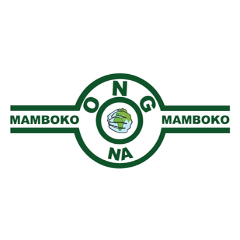
Ong MAMBOKO
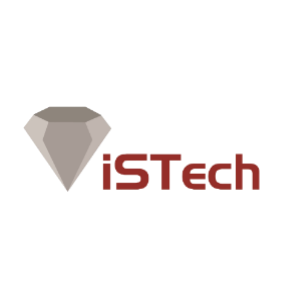
ISTECH
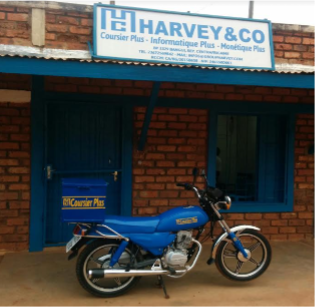
Harvey & Co

FORMATECH

GETEX AGRI

SAUVONS LA VIE – Lucas MOUKPIDIE
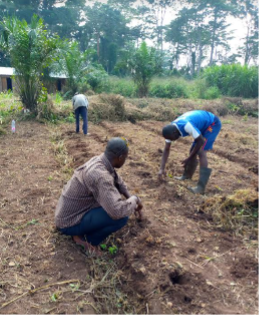
MOTIBI

Ets BAWA
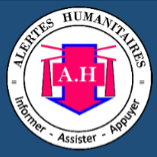
ALERTES HUMANITAIRES
During the three months the founders and managers will develop plans to strengthen their businesses and further their individual technology leadership abilities. The program will conclude with a final day of presentations and discussion at the University of Bangui. The weekly engagement during the three months of the program between the launch and the conclusion will be SMS based.
A key element of the Technology Entrepreneurship Accelerator will be 15 - 20 technology business mentors in both the Central African Republic and in the U.S. The Central African Republic and U.S. mentors will provide insight and guidance to the business founders and managers as well as form a cohort themselves providing for exchange on U.S. and Central African Republic business policy and culture.
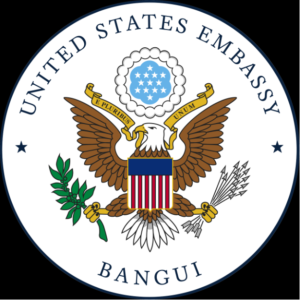
__________________________________________________________________________
Accélérateur d’entrepreneuriat technologique et leadership des TIC en République centrafricaine
L’accélérateur d'entrepreneuriat technologique et de leadership des TIC en République centrafricaine (RCA) pour les fondateurs et les dirigeants d'entreprises technologiques en début de carrière dans la région de Bangui a pour objectif d’aider et d’encadrer ces fondateurs et dirigeants d’entreprises afin d’accroître leur potentiel de création d’entreprises prospères et viables, de renforcer leur capacité globale de leadership en matière des TIC. En outre, les objectifs de l’accélérateur consistent à contribuer à la promotion d’une culture de l’esprit d’entreprise à Bangui et en République centrafricaine et à développer un réseau d’entrepreneurs technologiques.
Financé par le Département d’État des États-Unis, les partenaires de ce projet sont l’Université George Mason, l’Université de Bangui et le récent boursier Humphrey de la République centrafricaine et cadre de la technologie Serge Adouaka. M. Adouaka a été boursier Humphrey en 2018 – 2019, étudiant à l’école Maxwell de l’Université de Syracuse, puis a fait son affiliation professionnelle avec nous à George Mason en concentrant son étude sur les TIC pour le développement et la République centrafricaine.
Le projet pilote initial sera composé de deux classes de 20 à 25 fondateurs et dirigeants d’entreprises liées à la technologie avec un premier coup d’envoi d’un à deux jours au sein de l’Université de Bangui, puis un engagement virtuel hebdomadaire ultérieur sur une période de trois mois. Les programmes d’études sont basés sur les meilleures pratiques des responsables et leader en informatique et les expériences des accélérateurs technologiques basés en Afrique.
Au cours de ces trois mois, les fondateurs et dirigeants développeront des plans pour renforcer leurs entreprises et développer leurs capacités individuelles de leadership technologique. Le programme se terminera par une dernière journée de présentations et de discussions à l'Université de Bangui. L'engagement hebdomadaire pendant les trois mois du programme entre le lancement et la conclusion sera basé sur le potentiel technologique du SMS.
L’élément clé de l'accélérateur d'entrepreneuriat technologique sera constitué de 15 à 20 mentors en business technologique de la République centrafricaine et des États-Unis. Les mentors de la République centrafricaine et des États-Unis fourniront des informations essentielles et conseils aux fondateurs et dirigeants des entreprises. Aussi bien, ils formeront eux-mêmes une cohorte permettant d'échanger sur la politique et la culture commerciales des États-Unis et de la République centrafricaine.







